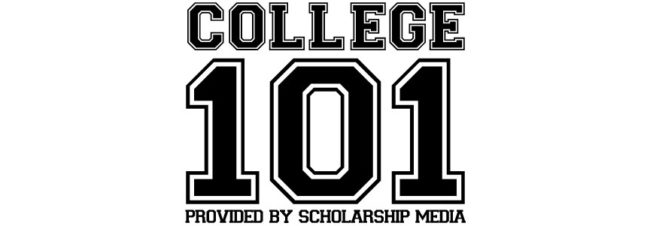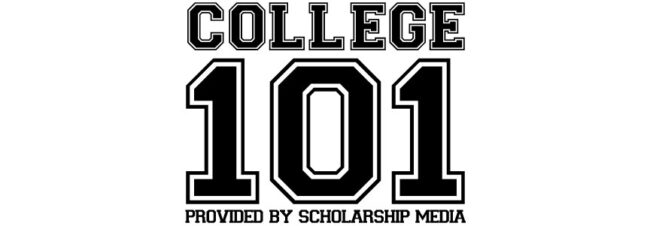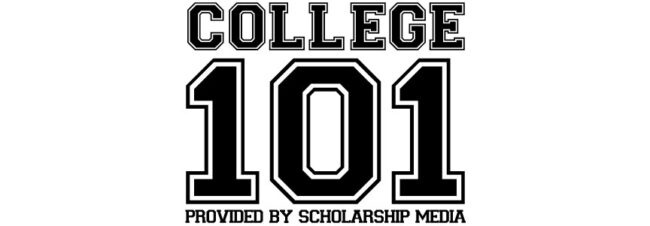Right now, I’m a college sophomore. I started off as a fashion tech major because I like fashion and I’m interested in the industry. However, in my major, I’ve learned that fashion uses a ton of waste: water waste, soil waste, and animal waste. It’s really crazy. Now I’ve learned a lot about the systems of fashion, but oddly enough, they don’t really teach us what we can do in order to cut down on waste ourselves and be more ethical with what we buy off the rack. I’ve been researching a little bit, but I am really interested in learning more about what I can do to buy ethical clothing. After all, if I’m going to work in the industry, I should practice what I preach!
You have a great attitude, and you’re right, fashion creates a ton of waste. According to some estimates, a truckload of clothing is wasted every second. Those hypothetical garbage trucks full of fabric are either landfilled or, even worse, burned. The clothing industry releases 1.2 billion tons of greenhouse gasses a year, more than international flights and shipping combined. The leather industry also creates a mind-boggling amount of waste. According to the United Nations Industrial Development Organization, the leather industry produces nearly 1.5 billion tons a year of unusable, solid waste. If it was not already clear, we believe that fashion needs to change its practices, and it needs people like you at the forefront of it, practicing what you preach, as you said.
One of your best options for buying ethical clothing is adopting vegan clothes. Vegan clothing is any manner of clothing that abstains from the use of animal products, and any manner of testing on animals. Vegan clothing has two ethical advantages: first, there are no animals harmed in the production of vegan products. So those sad foxes and miserable chinchillas won’t be slaughtered. Second, vegan products do not produce the waste that non-vegan products do. Rocking vegan threads is a burgeoning trend in the fashion industry. In 2018, Vogue Australia listed vegan clothing as one of its “10 fashion trends to invest in.” Organizations from fashion house Jill Milan to mega-store Etsy have jumped on the vegan bandwagon, a testament to both the desirability of vegan clothing and the range of vegan products.
Part of the reason for the popularity of vegan clothing is the growing awareness of the waste of leather production. Leather is one of the most polluting industries on the planet. The chemicals used to create leather are extremely toxic, and, because most leather production happens in poorer countries, the poisonous chemical byproducts of that process make their way to waterways and groundwater. Many vegan products are created from sustainable and recycled material, such as fabric, cork, wood, or, surprisingly, recycled plastics, which have a much smaller chemical footprint. There are even varieties of vegan leather made from non-woven textiles such as mushrooms and pressed from pineapple leaf fibers. Down the road, there are even more sophisticated means to produce vegan products, such as lab-grown leather, but estimates put them a long way off.
If you want to shop vegan today, we recommend checking out some of the links above for products that suit your needs. As the UNIDO report notes, most leather is used in the production of footwear, so vegan is likely the way to go if you need new, ethical shoes. That said, don’t go throwing out your wardrobe as soon as you decide to go vegan. Take it slow. Rebuild your wardrobe with ethical products the same way we will rebuild the fashion industry: piece by piece.















